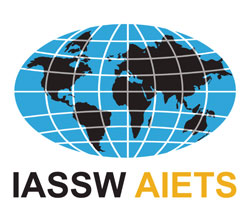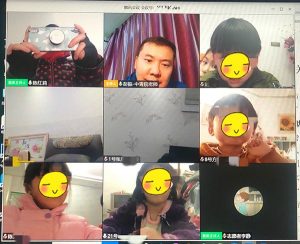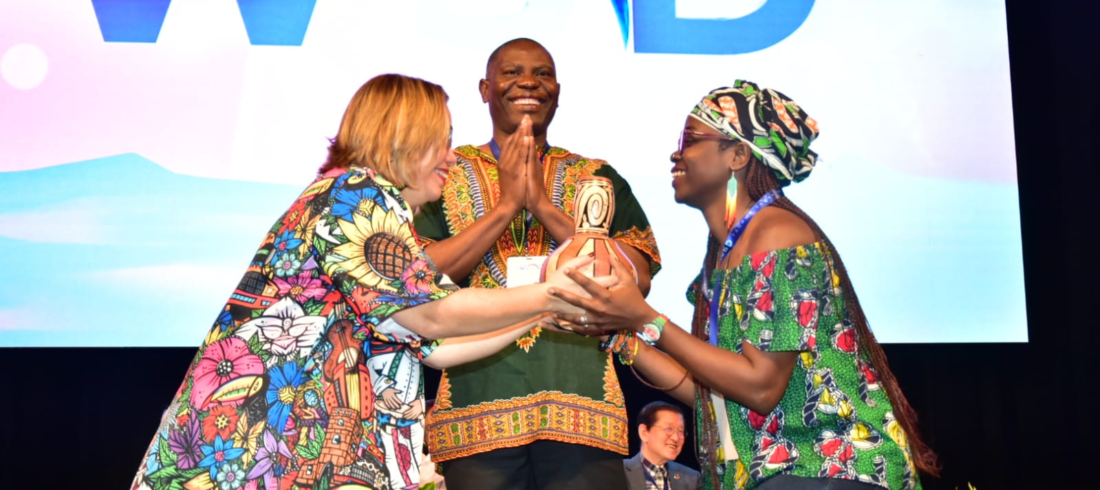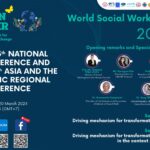‘Let’s Fight the Pandemic Together’: An Online Social Work Service for Adolescents
By Professor Liya Xu, China Youth University of Political Studies, China Social Work Academy (SFSWPC), Beijing, China and Zhen Peng, Lecturer, China Youth University of Political Studies, China Association for Social Work Education (SYSWPC), Beijng, China
- Service Background
Since the COVID-19 pandemic outbreak, the online service provided by SFSWPC and SYSWPC covered Wuhan in Hubei Province and other affected places. It provided services 32 times for 1737 adolescents.
- Theory and Service Design
According to resilience theory in social work and psychology, the ‘game tasks’ or project service content were designed according to Henderson and Milstein’s (2003: 12) ‘resilience wheel’ giving six aspects of improving youth resilience. These were: retaining ‘pro-social connections, establishing clear and stable boundaries, teaching life skills, providing care and support, establishing and expressing high expectations, and providing opportunities to promote participation’. The service provided a way for adolescents to play specifically designed games and to complete different challenges that promoted their resilience online. Each session focused on a game task that lasted 90 minutes and there were 30 of these. The ‘Breathing Relaxation’ promotes a stable, relaxed mood to release self-potential’ helped by deep breathing. Adolescents were instructed to: ‘Follow me, inhale for three seconds. Exhale for five seconds. Focus on breathing. Repeat three times. Please record a 20 second video and send it to us!’
- Effectiveness of Services
We collected questionnaires from students and parents. The feedback shows that the service worked in the following respects. Teenagers felt more relaxed, happy and fulfilled. In the game, teenagers learnt about pandemic prevention and mental health through ‘Q and A’. By completing their ‘offline challenge task’, learning and practicing in games, young people learned the seven-step washing technique, the butterfly, pat decompression, and other skills for physical and mental health. The ‘parent-child cooperation challenge task’ promoted the parent-child relationship. The pro-social links created support for young people.
- Experience from the Services
The project explored the model of online youth social work services in the context of the Covid-19. Our experience from the project can be summarized as follows. Using online platforms and technologies, including online chats, live broadcasts and games provide effective interventions. The combination of online and offline services enables practitioners to design and carry out services that are systematic, experiential, interactive and forward oriented. The inclusion of challenging and interesting elements in the services attracts adolescents’ attention. The integration of a variety of social work practices, such as case work, group work, family therapy, and adventure counselling, enables practitioners to systematically respond to the needs of young people. Direct contact with the schools or education administration through the Communist Youth League has facilitated the quick and effective organisation that enabled adolescents to join this service.
References:
Henderson N and Milstein MM (2003) Resiliency in Schools: Making It Happen for Students and Educators. Corwin Press, INC.2003:12.
- Screenshots from the Online Service
Picture 1: Campaign poster Picture 2: Online game leader










